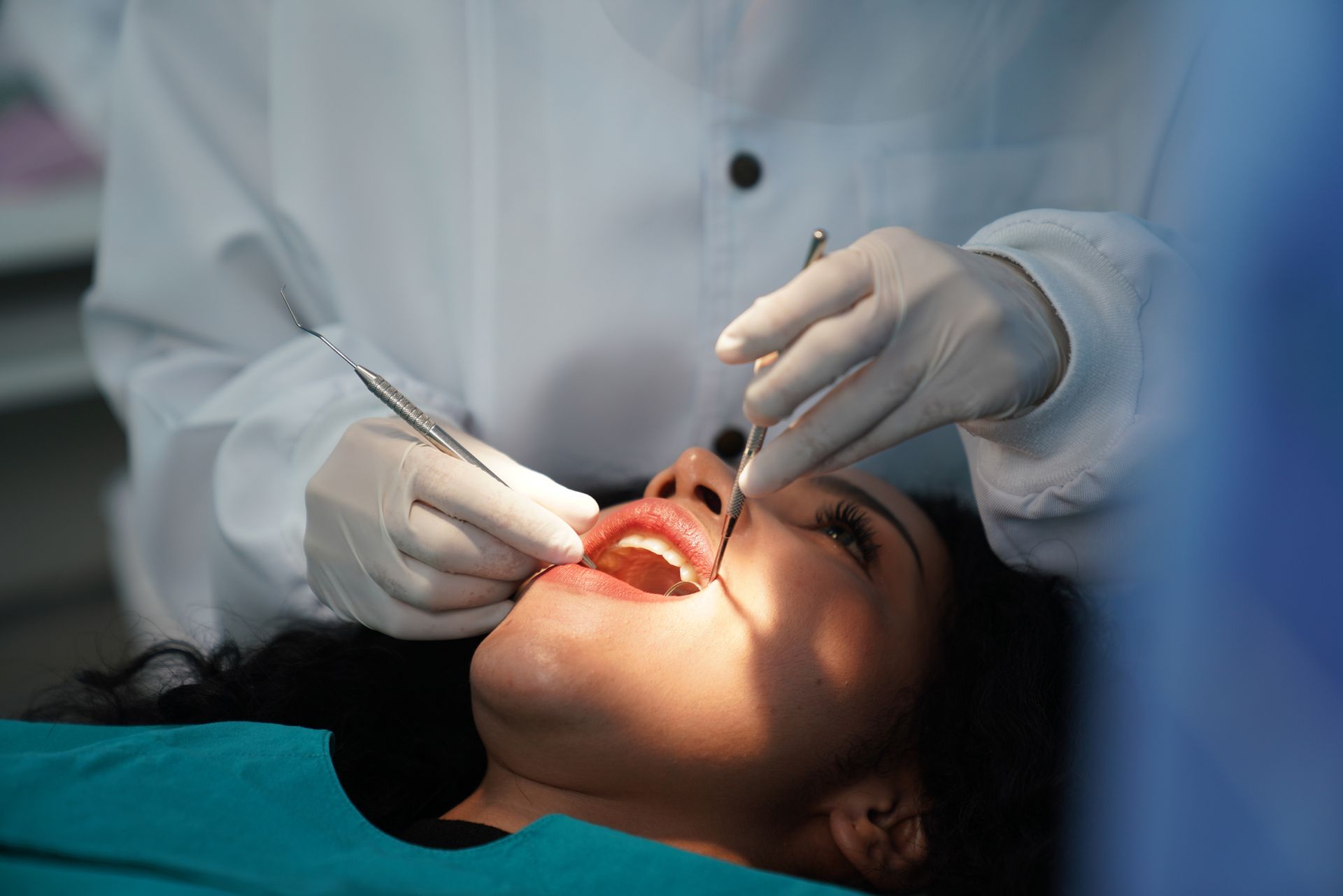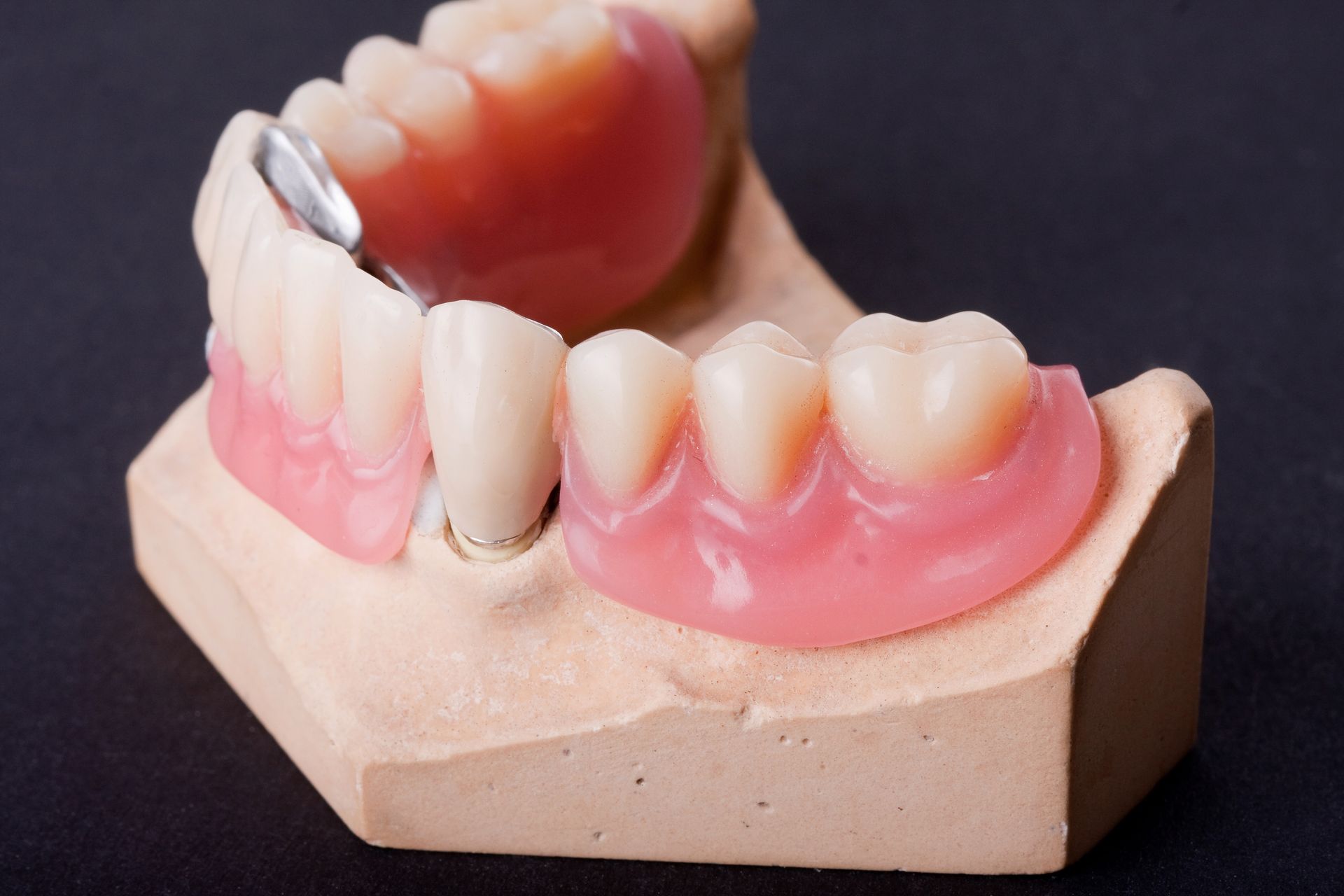How to Overcome Dental Anxiety
Dental anxiety is a common issue that affects many people, causing them to avoid necessary dental care. This avoidance can lead to worsening oral health and more complex dental problems down the line. If you’re one of the many who feel anxious about visiting the dentist, it’s important to know that there are effective strategies to help you manage your fear and make your dental visits more comfortable.
Here are some tips on how to overcome dental anxiety.
Understand Your Anxiety
The first step in overcoming dental anxiety is to understand what triggers your fear. Is it the sound of the drill, the fear of pain, or past negative experiences? Identifying the specific causes of your anxiety can help you address them more effectively. Once you understand your anxiety, you can begin to work on strategies to manage it. Knowing that your feelings are valid and recognizing that many people share similar fears can also be reassuring.
Communicate with Your Dentist
One of the most effective ways to manage dental anxiety is to communicate openly with your dentist. Let your dentist know about your fears and concerns. A good dentist will take your anxiety seriously and work with you to make your experience as comfortable as possible. They can explain procedures in detail, which can help demystify the process and reduce fear. Establishing a signal, such as raising your hand, can give you a sense of control, allowing you to indicate if you need a break during a procedure.
Use Relaxation Techniques
Relaxation techniques can help reduce anxiety before and during your dental appointment. Deep breathing exercises, progressive muscle relaxation, and visualization can all be effective. Practice these techniques at home so you can easily use them when you’re at the dentist. Listening to calming music or using noise-canceling headphones to block out dental sounds can also be helpful. Some patients find relief in bringing a stress ball or another small object to squeeze during their appointment.
Consider Sedation Dentistry
For those with severe dental anxiety, sedation dentistry can be an option. Sedation can range from mild sedation, such as laughing gas (nitrous oxide), to more moderate forms like oral sedatives, or even deep sedation for very anxious patients. Discuss these options with your dentist to see what might be suitable for you. Sedation can help you remain calm and relaxed throughout your visit, making it possible to undergo necessary dental treatments without distress.
Gradual Exposure
If your anxiety is severe, consider gradual exposure to dental care. Start with simple, non-invasive appointments, such as a basic check-up or a cleaning. Once you feel comfortable with these, you can gradually move on to more complex procedures. This step-by-step approach can help you build confidence and reduce anxiety over time. It’s important to set small, achievable goals and reward yourself for meeting them.
Practice Good Oral Hygiene
Maintaining good oral hygiene at home can reduce the likelihood of needing invasive dental procedures, which can help minimize anxiety. Brushing twice a day, flossing daily, and using mouthwash can help keep your teeth and gums healthy. Regularly visiting the dentist for cleanings and check-ups can catch problems early when they are easier to treat. Good oral hygiene can give you confidence in your dental health, reducing anxiety about potential issues.
Bring a Support Person
Having a trusted friend or family member accompany you to your dental appointment can provide comfort and support. This person can help distract you, hold your hand, or simply be there to offer reassurance. Knowing that someone you trust is nearby can make the experience less intimidating.
Overcoming dental anxiety is possible with the right strategies and support. Understanding your anxiety, communicating with your dentist, and practicing relaxation techniques can all contribute to a more positive dental experience. By taking gradual steps, seeking professional help if needed, and maintaining good oral hygiene, you can manage your dental anxiety and ensure that you receive the dental care necessary for a healthy smile. Remember, your dental health is important, and there are many resources available to help you overcome your fears and maintain a healthy, beautiful smile.
Contact us to learn more.









